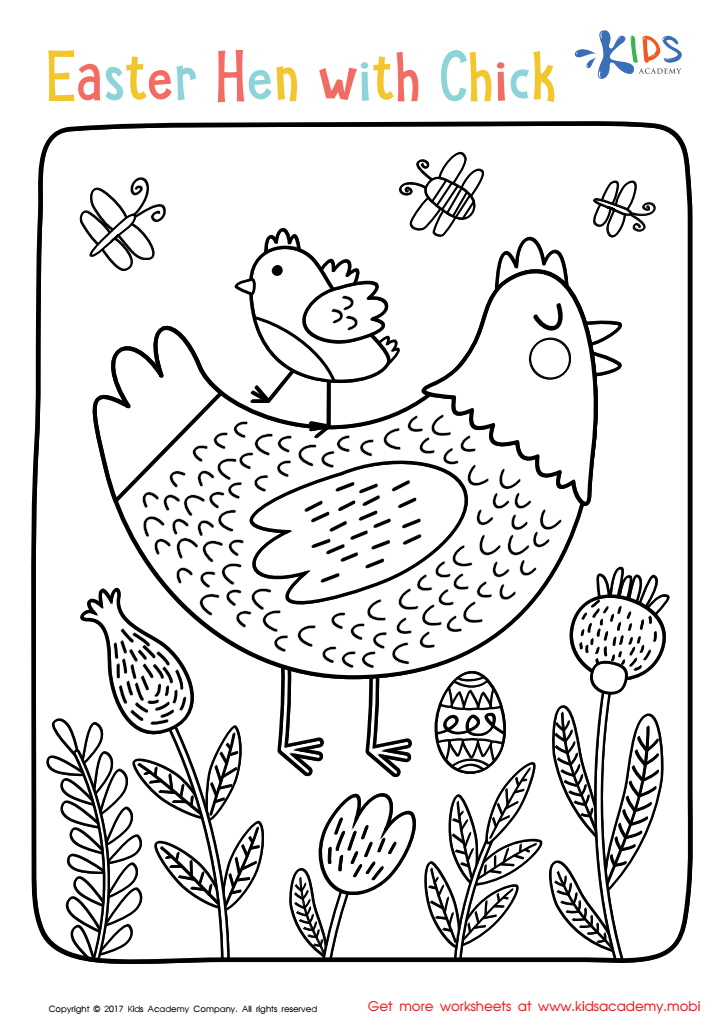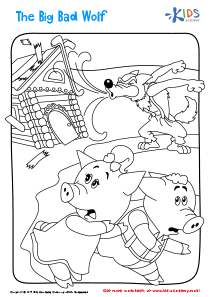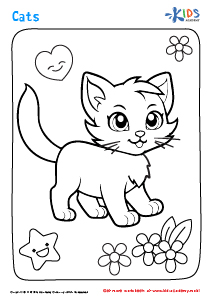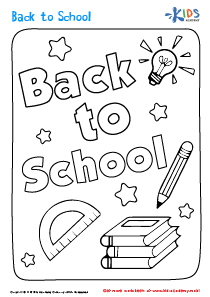Number identification Cultures and Holidays Coloring Pages Worksheets for Ages 6-8
3 filtered results
-
From - To
Introduce your young learners to different cultures and holidays with our engaging "Number Identification Cultures and Holidays Coloring Pages Worksheets" for ages 6-8! Perfect for developing numeracy skills, each printable worksheet not only enhances number recognition but also explores diverse cultural celebrations. Children will enjoy coloring festive scenes and characters while identifying numbers in a fun, educational manner. The activities are designed to promote cross-cultural awareness and make learning enjoyable. Ideal for classroom use or at-home practice, these worksheets provide an enriching, multicultural experience that supports foundational math skills. Download now and start the adventure!
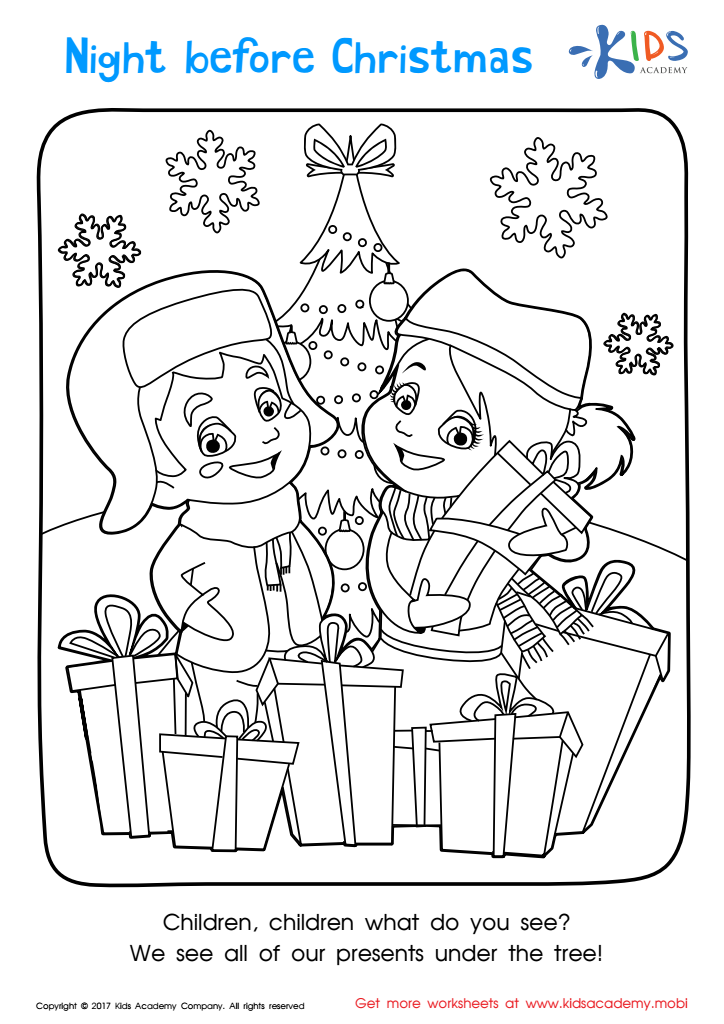

Christmas: Night Before Christmas Printable
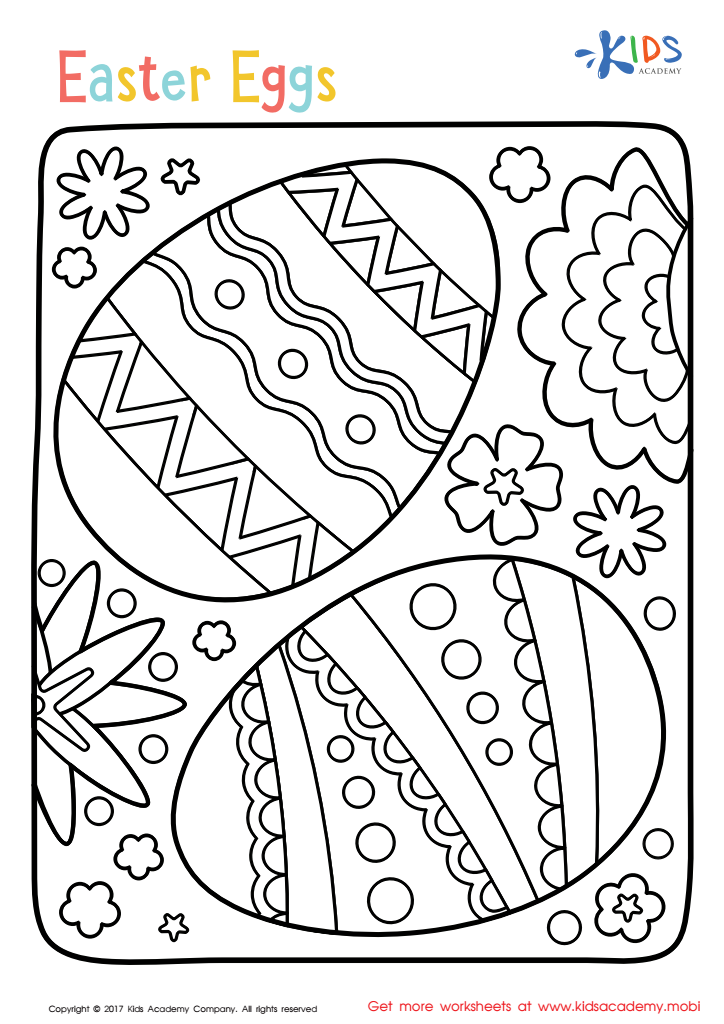

Easter: Easter Eggs Worksheet
Parents and teachers should care about Number Identification and Cultural Holidays Coloring Pages for ages 6-8 because they offer multi-faceted educational benefits tailored to young learners. Firstly, number identification activities enhance mathematical skills and number recognition, foundational for understanding more complex math concepts. By weaving these exercises into engaging coloring pages, children are more likely to absorb the information while enjoying the creative process, thus fostering a proactive learning attitude.
Cultural Holidays Coloring Pages present a vital opportunity to introduce children to diversity and global awareness. Understanding different cultural celebrations helps foster empathy, broadens perspectives, and encourages respect for various traditions from a young age. This early exposure to cultural differences builds a solid groundwork for multicultural literacy which is essential in our increasingly interconnected world.
Blending numerical learning with cultural appreciation ensures that learning is holistic. It meets critical educational objectives by enhancing cognitive skills through number identification while simultaneously nurturing social and emotional understanding via cultural exposure. For parents and teachers, this approach not only aligns with pedagogical best practices but also resonates deeply with developmental needs during early childhood, creating well-rounded, culturally competent, and numerically adept learners. Investing in such educational tools ultimately supports balanced, insightful, and inclusive growth for every child.

 Assign to My Students
Assign to My Students
